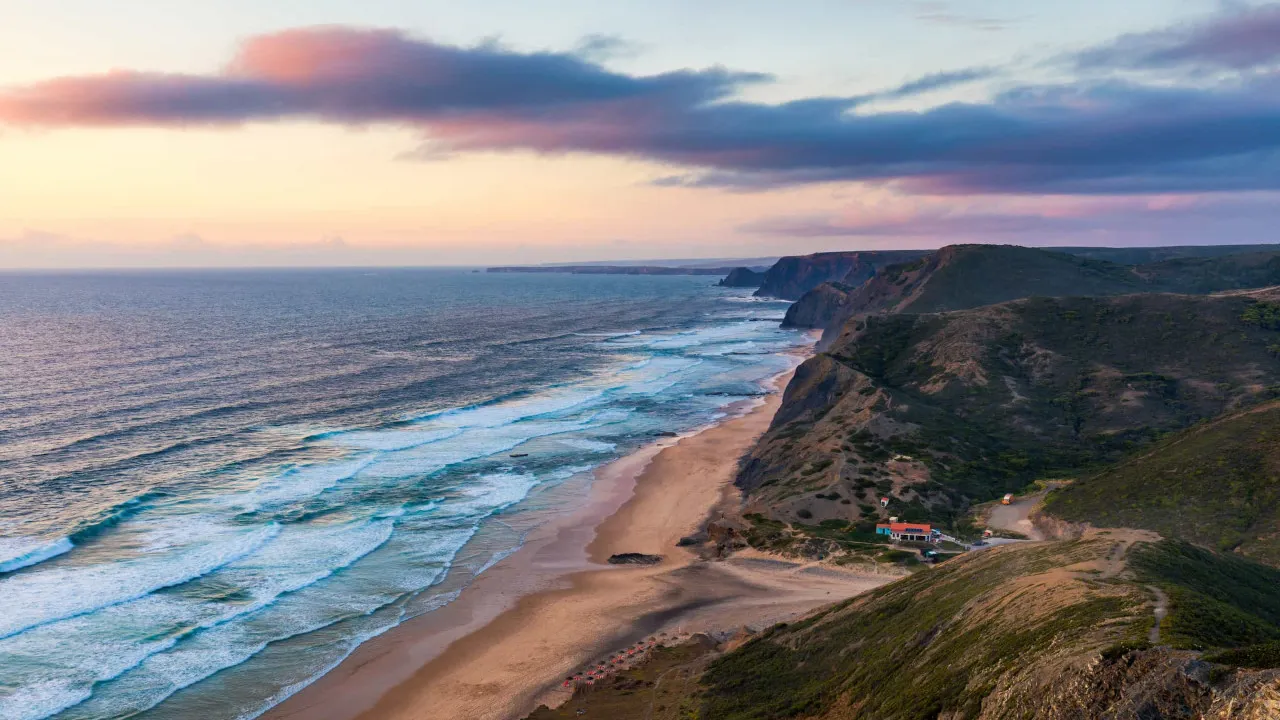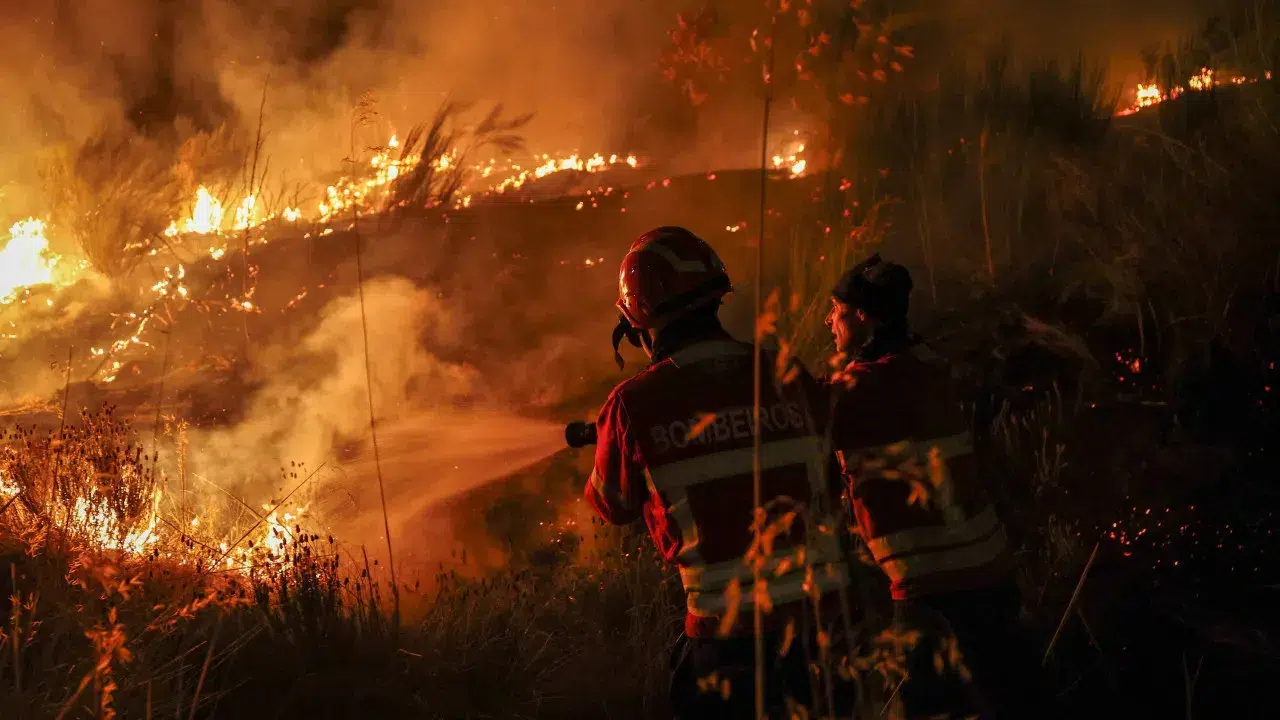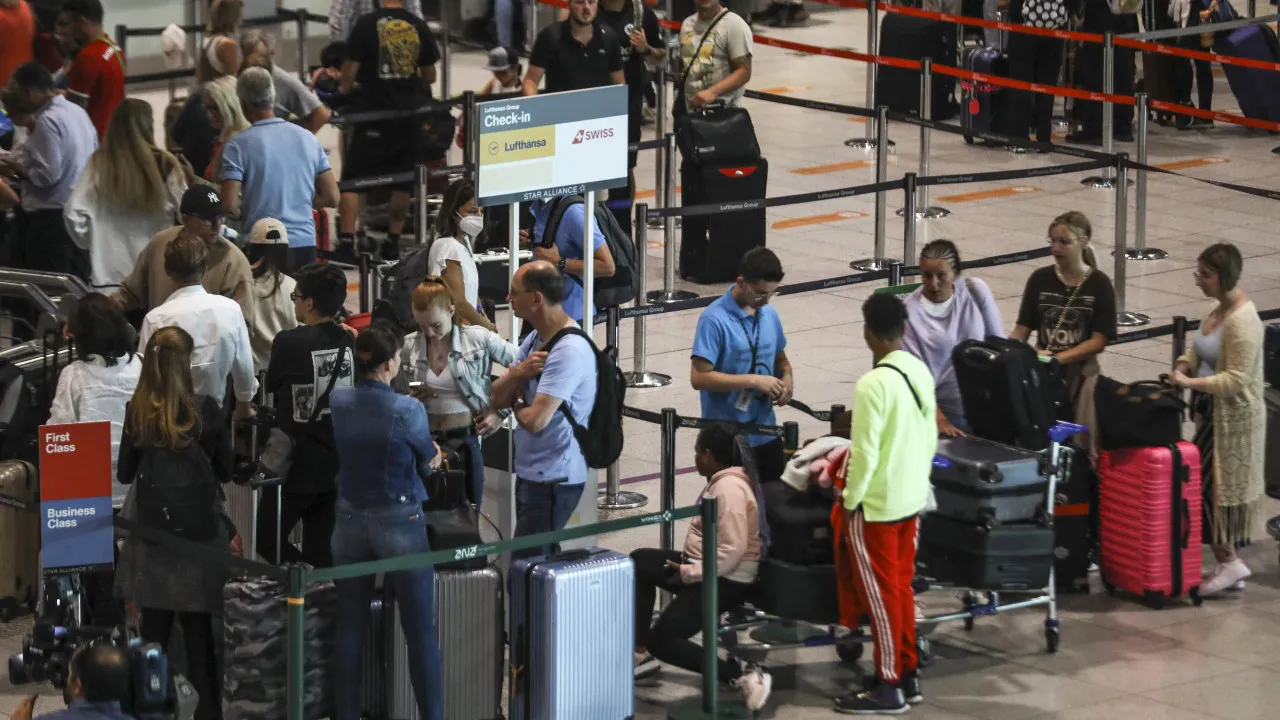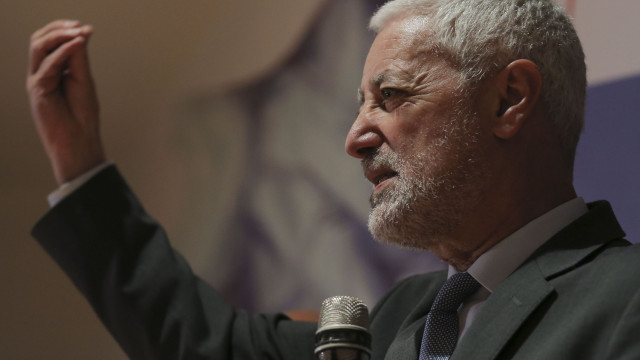
The event is a project promoting “historically informed music in the western Algarve from a dialectical perspective, highlighting ancient music as a catalyst for intercultural and intertemporal dialogue between Iberia and the world, between the past and the present,” according to the organization.
The festival opens on Saturday at 11:00 am with an open class by Tiago Matias on ancient plucked string instruments at the Igreja Matriz de Nossa Senhora da Conceição in Vila do Bispo.
Later that day, at 6:00 pm, the trio Noa Noa Ensemble will perform at the same venue, focusing on Iberian music between ancestry and contemporary times with the program “Língua.”
The Noa Noa Ensemble, consisting of Filipe Faria, Tiago Matias, and Baltazar Molina, will perform again the following day at the Igreja da Misericórdia de Aljezur at 4:00 pm.
On August 23 and 24, the Costa Vicentina Early Music presents at the Fortaleza de Sagres, dedicating the weekend to the International Day for the Remembrance of the Slave Trade and its Abolition.
The day is celebrated annually on August 23 to honor the victims of the slave trade and to raise awareness of the consequences of slavery.
This date was established by UNESCO and coincides with the Saint Domingue uprising, which occurred on the night of August 22 to 23, 1791, in present-day Haiti, marking the beginning of the end of slavery.
On August 23, at 5:00 pm, the Ensemble AntiQuorum will perform, highlighting Iberian music from the era of maritime expansion.
On August 24, a performing arts workshop led by Ana Celorico Machado will be held at 2:00 pm, concluding the festival at 4:00 pm with a lecture by tenor and researcher Nuno de Mendonça Raimundo from the Center for Sociology and Musical Aesthetics Studies at the Faculty of Social and Human Sciences of Universidade Nova de Lisboa.
Organized by the cultural association O Corvo e a Raposa, the festival is free to attend, but space is limited.




